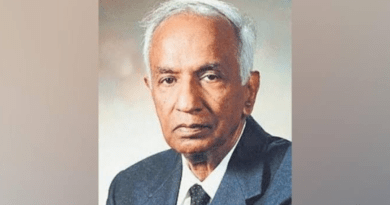“The National Dental Commission Act: Know It All Now”
The National Dental Commission, which would oversee fees for half of the seats at private dental colleges, is proposed to be established by the Act.
The National Dental Commission Act’s implementation guidelines were announced by the government on Thursday, opening the door for national regulations governing dental education and practice.
The National Dental Commission would be established under the Act, which would supersede the Dentists Act of 1948 and oversee the fees for half of the seats at private dental colleges.
This action is a component of a larger plan to bring India’s dentistry education and standards up to par with international norms. The National Dental Commission Bill, 2023, which was approved by Parliament last year, also requires the establishment of state or joint dental councils in order to improve, regulate, and decentralize authority.
The Dental Assessment and Rating Board, the Ethics and Dental Registration Board, and the Under-Graduate and Post-Graduate Dental Education Board will all have more authority as a result of the Act. There will be 24 part-time members, 8 ex-officio members, and a chairperson on the commission.
The chairperson, members, and secretary of the commission will have fixed terms with no chance of reappointment.
The development of professionals’ soft skills and preventive dental care are further goals of the NDC.Three part-time members with a four-year term will be appointed to the commission; they will be chosen from among people with more than twenty years of experience in a variety of professional sectors.
Additionally, ten part-time members will be appointed by the government every two years on a rotating basis.
Dentists claim that the legislation’s emphasis on lowering the cost of dental education through fee regulation at private dental colleges is one of its most notable aspects.
The measure guarantees merit-based selection and consistency in dentistry education by emphasising the standardisation of admissions through national eligibility tests.
The process is streamlined, administrative barriers are decreased, and fairness is ensured by the planned common counseling for all Indian seats and state-level counseling for state seats.




